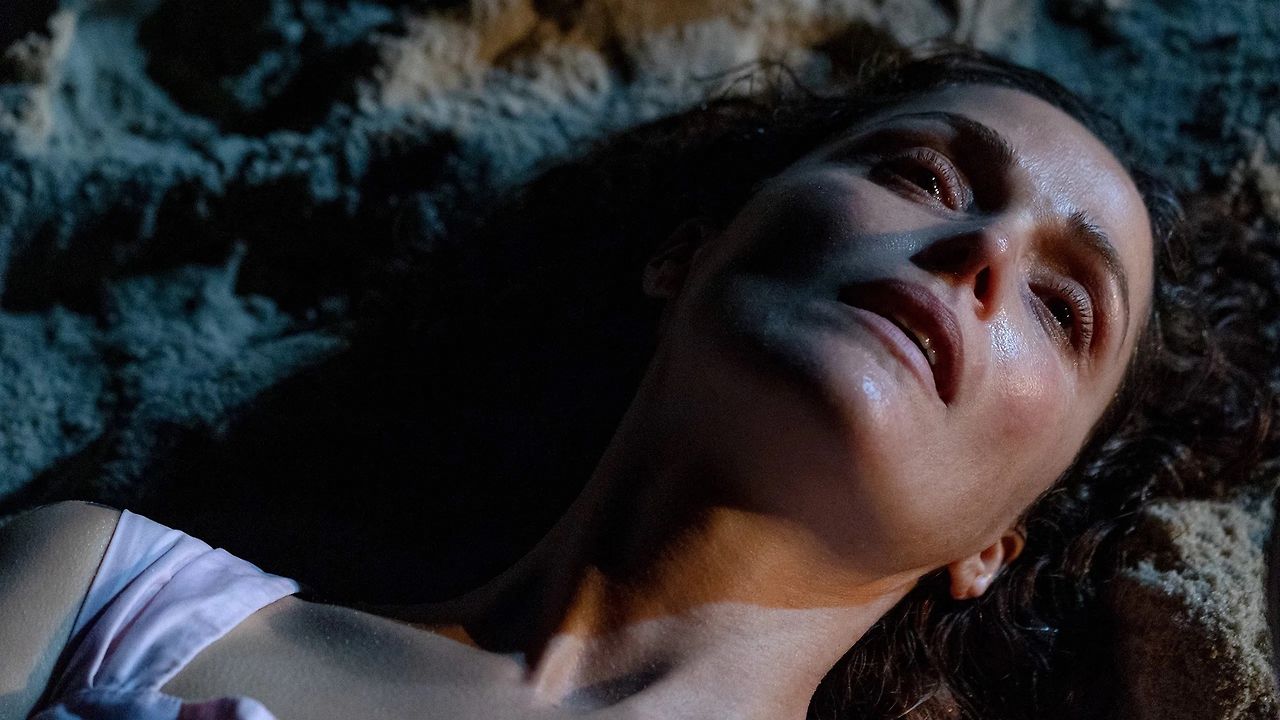That’s another thing that scares people to realize that as human beings, we aren’t really in control of much.
How terrifying to realize that maybe your mom, or anyone’s mom, wasn’t in control all the time, and didn’t have all the answers all the time. Because, as a child—if you have a functional, average childhood—all those things are happening to every mother, but the job of the mother is to keep those things hidden from the child. A lot of mothers are able to do that. Some are not. Then there are all the degrees in between.
Certainly, Linda is a character who is a human being. I want people to take her as that first. She’s a human being who has a child, who has a husband, who has patients, who is a patient, but at the end of the day, she’s a human being. And human beings are flawed. They’re difficult. They can do things that we don’t like. They can do things that are wrong. How do we contend with that and with ourselves?
One of my favorite philosophers is Epictetus, and he talks about how things come at you and the only thing you can control is how you react. Which is not something I’m good at, quite frankly.
That’s the only control we have. It’s very true. How Linda’s reacting is, all she’s doing is reacting. She’s reactive, where she’s literally trying to run away from herself for this whole movie. You can’t run away from yourself, because wherever you go, there you are. You can’t run away from trauma, because it’s inside of you and it’s going to get you.
That’s where the existential terror of this movie sits: it’s going to get you no matter how much alcohol you drink, no matter how much weed you smoke, no matter how much you physically run, no matter how much you’re trying to deny it’s inside of you. And it’s going to come out in some way—in her behavior—and then at a certain point, as we know, it slaps her right in the face.
















